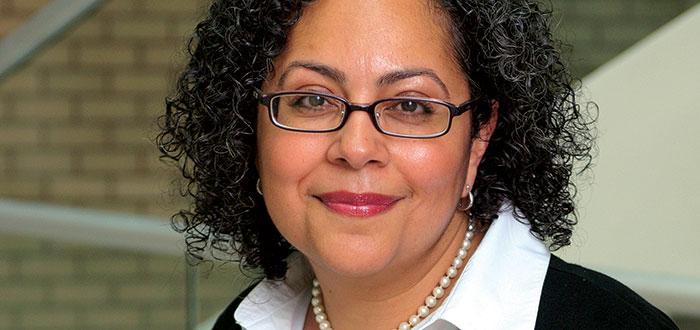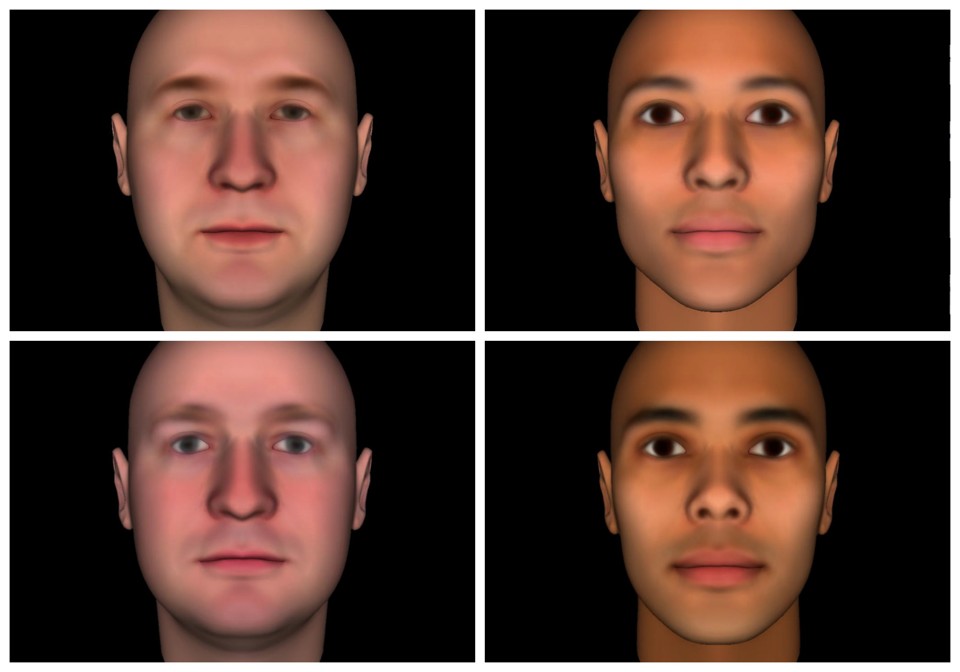Zadie Smith on Male Critics, Appropriation, and What Interests Her Novelistically About Trump
The Slate Book Review
Slate
2016-11-16
Isaac Chotiner
A wide-ranging conversation.
In an interview in 2000, Zadie Smith told the Guardian about the pressure she felt after the astonishing success of her debut novel, White Teeth. “I was expected to be some expert on multicultural affairs, as if multiculturalism is a genre of fiction or something,” she said. “Whereas it’s just a fact of life—like there are people of different races on the planet.” Whether it’s indeed a fact of life or, we now fear, a feature of American life that is at risk of erasure, multiculturalism in all its complexity is at the center of Smith’s books. From White Teeth to NW, which was published in 2012, Smith’s characters inhabit mixed urban communities, often in London. Her latest novel, Swing Time, is out this week; set in England and West Africa, the story concerns the friendship of two young girls who meet in a dance class (“our shade of brown was exactly the same”) and traces the paths of their lives over a quarter-century.
Smith, who grew up in London with a Jamaican mother and English father, has also established herself as one of her generation’s prolific essayists, weighing in energetically on such topics as Middlemarch and Brexit and E.M. Forster. (Her third novel, On Beauty, was an “homage” to Howards End.) She now lives with her husband and children in New York City. I had been trying to interview her for years, to no avail. When the chance finally presented itself, the date and time kept changing, usually a sign of a reluctant subject. But when we did eventually speak over the phone, the day before the election, Smith, now 41, seemed surprisingly at ease. (Weren’t we all in those innocent days?)
Over the course of our conversation, which has been edited and condensed for clarity, we discussed the vulnerability one feels writing fiction, the arrogance of male critics, and why she doesn’t have a smartphone…
…Since your new book spans continents, from Europe to Africa, did you think about the target audience? Who are you writing for?
This time I was thinking very particularly about black girls. I’m very happy if other people read the book, but that’s who the book is for explicitly, and that’s who I wanted to write to…
Read the entire interview here.



